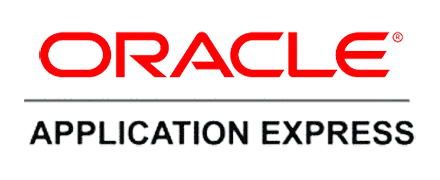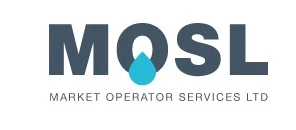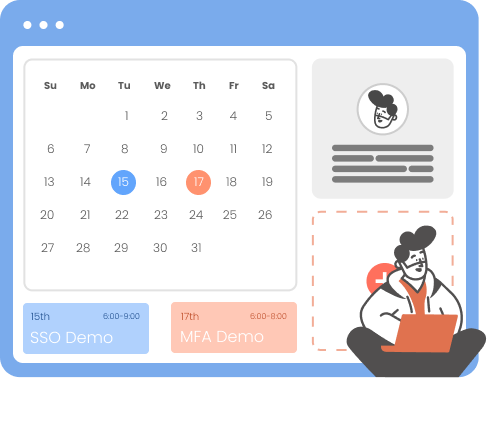Need Help? We are right here!
Search Results:
×OAuth Single Sign-On (SSO) is an authentication framework that simplifies user access to multiple applications using OAuth 2.0. With OAuth SSO, users can log in to various platforms with a single set of credentials, promoting a seamless and secure user experience.
It employs an efficient OAuth 2.0 flow, where users receive an OAuth token after successful authentication.
The OAuth server manages user credentials, while the OAuth client requests access to resources on behalf of users.
OAuth SSO also supports OpenID Connect or OIDC tokens, enhancing identity verification. OAuth 2.0 Authentication in REST API ensures the security of API endpoints, safeguarding sensitive data.
OAuth 2.0, is the latest version of the original OAuth protocol. It has become the standard for most implementations due to its simplicity, flexibility, and enhanced security features. It defines multiple grant types (authorization code, implicit, client credentials, resource owner password credentials) that cater to different application scenarios.
Moreover, OAuth 2.0 has been widely adopted across various industries, including social media platforms, cloud services, and mobile applications, making it the go-to choice for secure authorization and access control.
The OAuth 2.0 flow involves four key steps:
Users can access multiple apps with one set of credentials with OAuth SSO, boosting productivity. It uses OAuth access tokens to keep sensitive info safe from third-party apps. Organizations can manage user access centrally through the OAuth server..
OAuth SSO supports easy integration with various platforms, applications, and APIs, and also supports identity federation. OAuth SSO can handle large user bases and high traffic without compromising performance.
The token-based approach adds an extra layer of security, reducing data breaches. OAuth Access tokens issued can be revoked, allowing organizations to immediately terminate access in case of security concerns.
OAuth SSO provides users with the ability to grant or revoke consent for applications to access their resources, giving users control over their data privacy. Hence, the user's consent is given priority, which builds long-term trust.
| Features | SAML | OAuth |
| Purpose | Identity Assertion and Single Sign-On (SSO) | Authorization and Secure Delegated Access with SSO |
| Use Case | SSO for Web Apps | Secure API Authorization and Access Control |
| Protocol Type | Assertion-based | Token-based |
| Authorization Scope | User Identity and Attributes | Limited Access to Specific Resources |
| Token Type | SAML Assertion (XML) | OAuth Access Token (JSON) |
| Identity Provider (IDP) | Centralized Identity Provider | May or May Not Involve IDP depending on the use |
| Resource Server (SP) | Service Providers Rely on IDP for Authentication | Independent Entities |
| User Consent | User Consent | For Authorization User Consent is Required |
| Usage | Often Used in Enterprise SSO | Commonly Used in API Authorization |
| Granular Access Control | Well-suited for Identity Federation | Can Be Used for Federation with OAuth OIDC |
miniOrange as an SSO service provider has a wide network of 6000+ pre-built integrations. This helps your organization easily enable OAuth SSO for popular enterprise applications by just installing the plugin. Easily search integration for the favorite apps your business is using and enable seamless access for all your users.










SSO solution helps employees and end-users quickly access their enterprise apps with a single click. This eliminates the inconvenience of managing, remembering, and resetting multiple passwords, thus improving productivity with higher conversion rates.
Tailor your subscription plan to your needs, get competitive pricing, and benefit from special discounts for educational and non-profit organizations.
Security and Compliance factors enforce organizations to prove that they have taken adequate security measures to protect sensitive data. Single Sign-On (SSO) helps with regulatory compliance to meet data access and security risk protection requirements.

Enabling SSO allows users to manage individual dashboards and self-reset passwords, which eliminates the necessity for IT support, saves admin time on password resets, and supports tickets to focus on more important tasks. This helps in reducing IT costs.
SSO authentication ensures that only authorized users get access to sensitive data. With Single Sign-On you can implement password policies like Password length, complexity, restrictions on password reuse, session timeout and self-service password reset policy to strengthen security without holding up your users access.
miniOrange cloud-based solution and competitive pricing allow you to Choose your subscription plan based on current requirements, and then scale as you grow.
per month
upto 500 Users
per user per month
*Please contact us to get volume discounts for higher user tiers.







"Nahdi wanted to adopt SSO, and they were using Siebel CRM, but it didn't support any SSO protocols. Changing the entire CRM system and transferring data from one CRM to another is a time-consuming job....."
